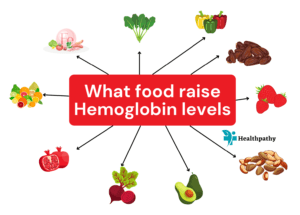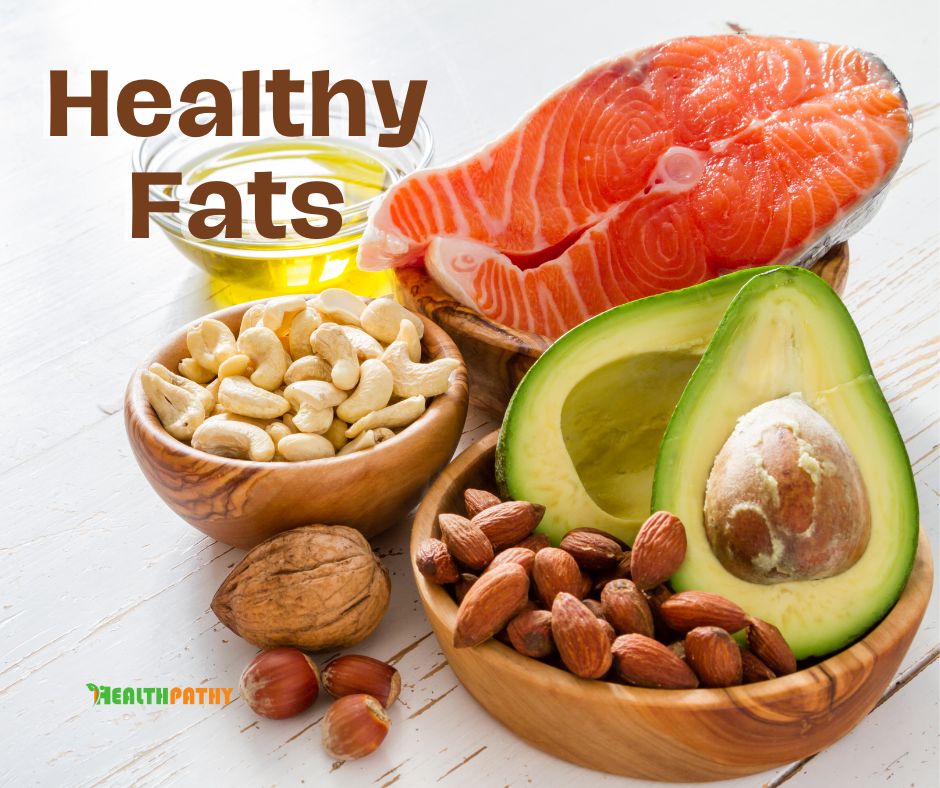In the pursuit of a healthy lifestyle, the spotlight often falls on the types of fats we consume. While “fat” may have been a dreaded word in the past, it’s time to rethink our approach. In this article, we will explore the world of healthy fats, their benefits, sources, and how to incorporate them into your diet for a better, more vibrant you.

What Are Healthy Fats?
Healthy fats, also known as unsaturated fats, are essential macronutrients that are crucial for overall well-being. Unlike their unhealthy counterparts, they can provide a myriad of health benefits.
Why Do You Need Healthy Fats?
Understanding why these are essential is the first step to embracing them in your diet. They play a vital role in many bodily functions, including cell growth, energy production, and the absorption of fat-soluble vitamins.
Types of Healthy Fats
Monounsaturated Fats
Monounsaturated fats are typically found in liquid at room temperature and become solid when refrigerated. They are found in olive oil, avocados, and some nuts.
Polyunsaturated Fats
Polyunsaturated fats remain in liquid form at both room temperature and when refrigerated. They are found in safflower, sunflower, and corn oils.
Omega-3 Fatty Acids
Omega-3 fatty acids are a special category of polyunsaturated fats known for their heart-healthy benefits. They can be found in fatty fish like salmon, flaxseeds, and walnuts.
Benefits of Healthy Fats
Heart Health
Consuming these fats can help reduce the risk of heart disease by lowering bad cholesterol levels and improving blood vessel function.
Brain Function
Omega-3 fatty acids are particularly beneficial for cognitive function and may help reduce the risk of cognitive decline.
Weight Management
Including these fats in your diet can help you feel fuller for longer, reducing overall calorie intake.
Food Sources of Healthy Fats
Avocado
Avocado, a creamy and delicious fruit, is rich in monounsaturated fats, making it a fantastic addition to your diet.
Olive Oil
Olive oil, especially extra virgin olive oil, is a staple in Mediterranean cuisine and is renowned for its heart-healthy properties.
Nuts and Seeds
Nuts and seeds like almonds, walnuts, and chia seeds are excellent sources of these fats and make for convenient, nutritious snacks.
How Much Healthy Fat Should You Consume?
The recommended daily intake of these fats varies depending on your age, sex, and level of physical activity. Consult with a healthcare professional for personalized advice.
Cooking with Healthy Fats
When cooking, choose healthier oils like olive oil or avocado oil to ensure your meals are not only tasty but also nutritious.
Are Saturated Fats Always Unhealthy?
Saturated fats, when consumed in moderation, may not be as harmful as once believed. New research suggests their impact on health is more nuanced than previously thought.
Tips for a Balanced Diet
Incorporating these fats into your diet is just one aspect of maintaining a balanced and nutritious eating plan. Make sure to include a variety of foods to meet all your nutritional needs.
Conclusion
In conclusion,They are not only delicious but also vital for your overall health and well-being. By making informed choices about the types of fats you consume, you can take a significant step towards a healthier you.
FAQs
How do healthy fats benefit heart health?
They can improve heart health by reducing bad cholesterol levels and enhancing blood vessel function.
Can I cook with healthy fats at high temperatures?
Some of these fats, like avocado and coconut oil, have high smoke points and are suitable for cooking at higher temperatures.
What are some plant-based sources of healthy fats?
Nuts, seeds, avocados, and olive oil are excellent plant-based sources of it.
How much omega-3 fatty acids should I consume daily?
The recommended daily intake of omega-3 fatty acids varies, but including fatty fish in your diet, a few times a week can be beneficial.
What is the role of healthy fats in brain health?
Among these fats, especially omega-3 fatty acids, support cognitive function and may reduce the risk of cognitive decline.
Related Articles




Follow us





